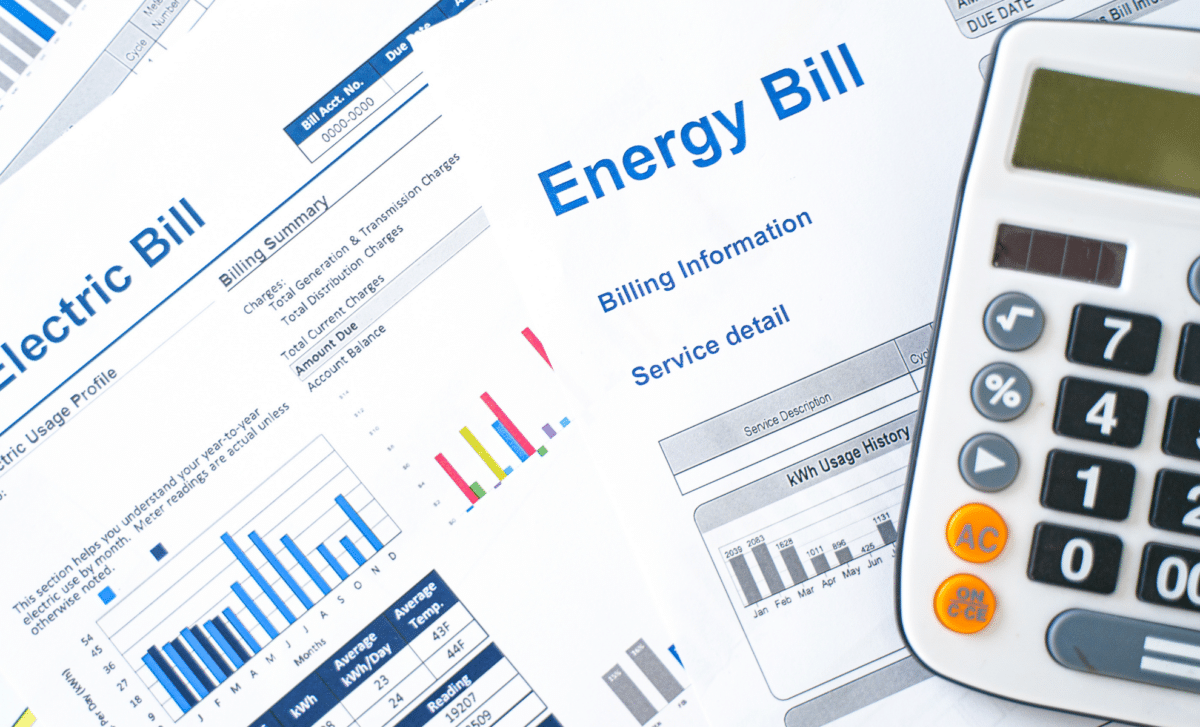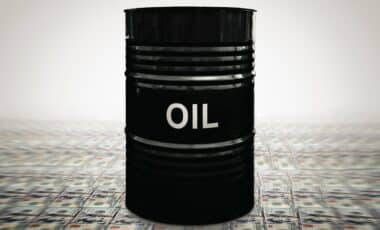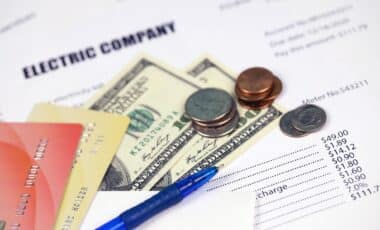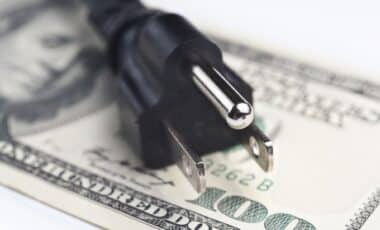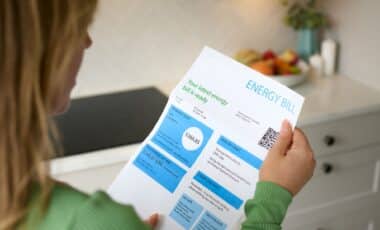With the colder, darker days setting in, people are being told the best time to turn on their heating. Some may have already done so, but waiting a bit longer could save money. Experts say there’s an ideal time to switch it on, and waiting too long could also cause issues.
The Best Period to Turn on Your Heating for Saving Money on Energy
Most people are watching their energy bills closely and trying to save as much money as they can. Llewellyn Kinch, the CEO and co-founder of the UK solar energy platform MakeMyHouseGreen, has said that October 14 is the best day to turn on the heating, reports BirminghamLive.
He said that turning on the heating early helps the boiler get ready before it gets too cold. But some people think it’s better to wait until October 27, when the clocks change and it gets darker and colder. It’s important to choose the right time to turn on the heating to avoid wasting money on energy bills, and making smart choices can help people save more.
Expert Tips for Preparing Your Heating for Winter and Saving Energy
Mr. Kinch explained that getting the heating boiler ready for winter by using it makes sense. October 14 is a good time to turn it on because it allows a little time before it gets really cold, ensuring that the central heating is working properly. This way, it can cope with the challenges of the cold weather ahead. Vulnerable people, especially in colder areas like northern England and Scotland, may need to turn on their heating by October 14 anyway.
He also added: “Heating left on low for longer can save money because the house doesn’t get so cold, and therefore doesn’t require as much energy to warm up again. It depends on the property and location of course, and the local weather conditions.
“Wherever you live and whatever you live in, there is, however, an average recommended heat setting and usage that offers the best balance between economy and warmth. Set your thermostat between 18-21C during the hours when you are in the house, and reduce it slightly at night or when you’re away, to stay warm and save on energy bills.”

